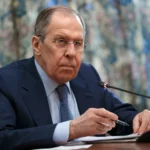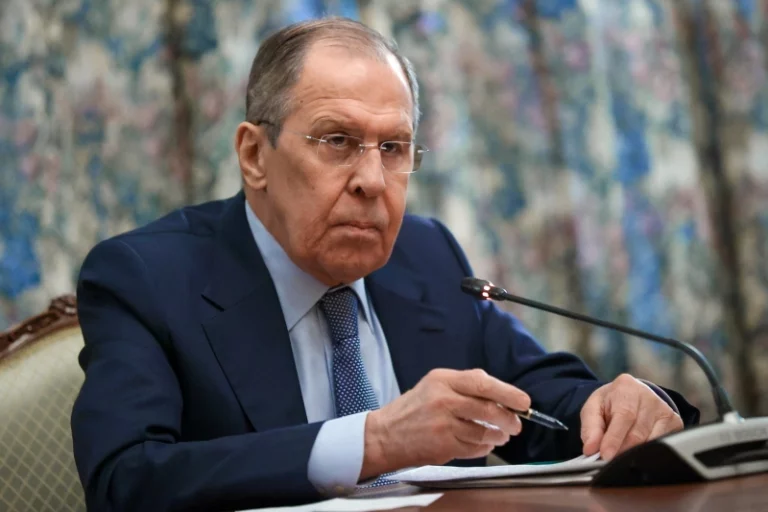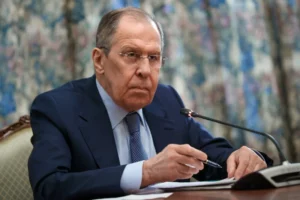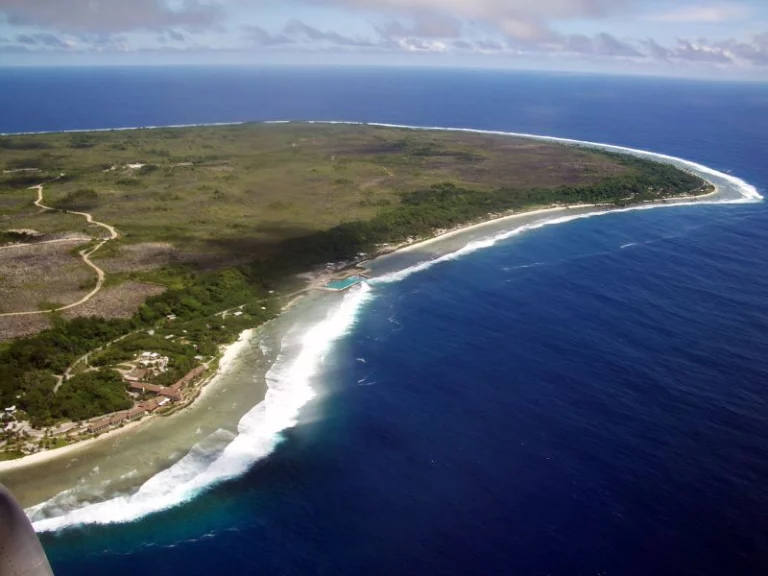In a pivotal decision on January 18, the Saeima, Latvia’s parliament, voted to denounce the two-decade-old agreement on legal assistance and legal relations in civil, family, and criminal matters signed with Russia.
The move marks a significant shift in Latvia’s legal landscape, signaling a departure from dated agreements and aligning itself with modern international standards.
Not in line with contemporary norms
The Treaty between Latvia and Russia on legal assistance and legal relations in civil, family, and criminal matters was ratified on June 1, 1993. However, the Saeima argued that the agreement is no longer in line with contemporary norms and runs counter to Latvia’s commitments as a member of the European Union (EU). The EU has consistently recommended that member states reconsider and abandon agreements of this nature.
Synching with evolving standards
The Saeima press service highlighted that the denunciation comes as a necessary step to bring Latvia’s legal framework in sync with the evolving standards of international cooperation. In the wake of this decision, the Saeima emphasized its commitment to adhere to internationally binding instruments, including the Council of Europe Convention on Mutual Assistance in Criminal Matters and the Hague Convention in Civil Matters.
Under the denunciation, the existing agreement will remain operational for an additional six months from the date of the law’s entry into force. During this transitional period, judicial cooperation between Latvia and Russia will be guided by alternative international frameworks, ensuring a seamless transition away from the outdated bilateral agreement.
The Saeima Foreign Affairs Committee played a crucial role in scrutinizing the 1993 agreement with Russia. In extensive deliberations, representatives from the Ministry of Foreign Affairs, the Ministry of the Interior, the Ministry of Justice, as well as legal professionals such as lawyers, notaries, and the Prosecutor General’s Office, collectively expressed concerns over the viability and efficacy of continuing cooperation with Russia.
Complex dynamics
The complex geopolitical dynamics and strained relations with Russia have made collaboration challenging, irrespective of the formal existence of the 1993 treaty. Even with the termination of this agreement, Latvian authorities will face the task of navigating civil, family, and criminal cases involving Russia, necessitating continued efforts to foster cooperation within the constraints of the altered legal landscape.
The decision by Latvia to denounce this longstanding agreement carries implications beyond its borders, reaching the global stage. It underscores the evolving nature of international relations and the imperative for nations to adapt their legal frameworks in accordance with contemporary standards. As Latvia pivots away from a bilateral agreement with Russia, it reinforces the broader trend of nations aligning themselves with modern, multilateral legal mechanisms.
The denunciation by Latvia also sends a clear message to the international community about the importance of upholding principles of justice and cooperation in a rapidly changing global landscape.
While the immediate impact will be felt in the civil, family, and criminal domains, the broader significance lies in Latvia’s commitment to fostering international collaboration based on contemporary standards and shared values.

















